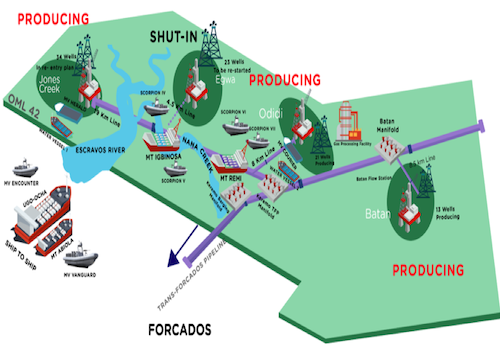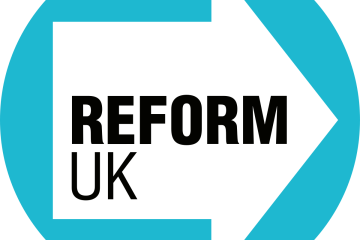Nigeria: Navigating Challenges and Opportunities in 2023

Introduction
Nigeria, Africa’s most populous nation and a significant player on the continent, has been in the news recently due to its complex socio-economic landscape. As the nation grapples with various issues ranging from economic upheaval to security challenges, it remains a focal point for both local and international observers. The current developments in Nigeria are crucial not only for the citizens but also for the global community interested in African growth and stability.
Current Issues Facing Nigeria
The Nigerian economy, heavily reliant on oil revenues, has been affected by fluctuations in global oil prices and the subsequent need for economic diversification. Recently, the naira has come under pressure due to inflation, which was recorded at over 20% in recent months. The Central Bank of Nigeria’s efforts to stabilise the currency, including multiple exchange rate adjustments, have sparked debates among economists. The 2022 Economic Recovery and Growth Plan aims to address these economic challenges by boosting sectors such as agriculture and technology.
In addition to economic issues, Nigeria is also facing significant security threats. The rise in banditry, Boko Haram insurgency in the northeast, and ethnic clashes in various regions have led to an alarming rate of displacement. As of late 2023, it is estimated that over three million Nigerians are internally displaced due to violence. Government efforts to enhance security through military operations have met with mixed success, as communities continue to call for more effective and transparent strategies.
Political Landscape and Elections
The political climate in Nigeria is marked by preparations for upcoming elections, scheduled for early 2024. The current administration, under President Bola Ahmed Tinubu, is navigating its way through public dissatisfaction over rising costs of living and concerns about governance. The roles of various political parties are becoming increasingly pronounced as they seek to sway public opinion. Voter turnout is expected to be significant, as many are particularly concerned about the future direction of the country.
Conclusion
In conclusion, Nigeria finds itself at a crossroads in 2023. The intertwining of economic challenges, security concerns, and a pivotal electoral process creates a complex environment for the nation. As Nigeria continues to strive for stability and progress, the outcome of the upcoming elections and the government’s response to pressing issues will be critical in shaping the future of this influential African country. For readers both in Nigeria and abroad, understanding these dynamics is essential as they reflect on the region’s potential and implications for global engagement.





